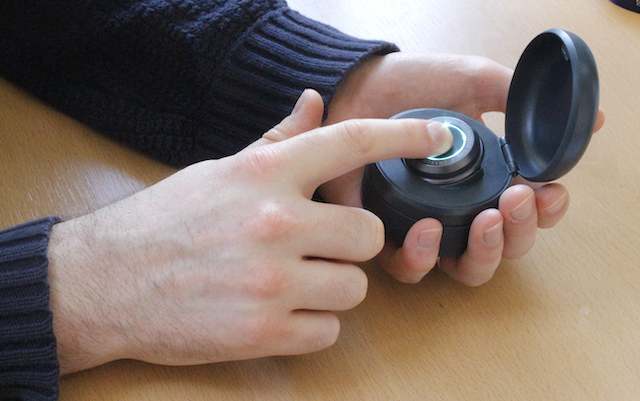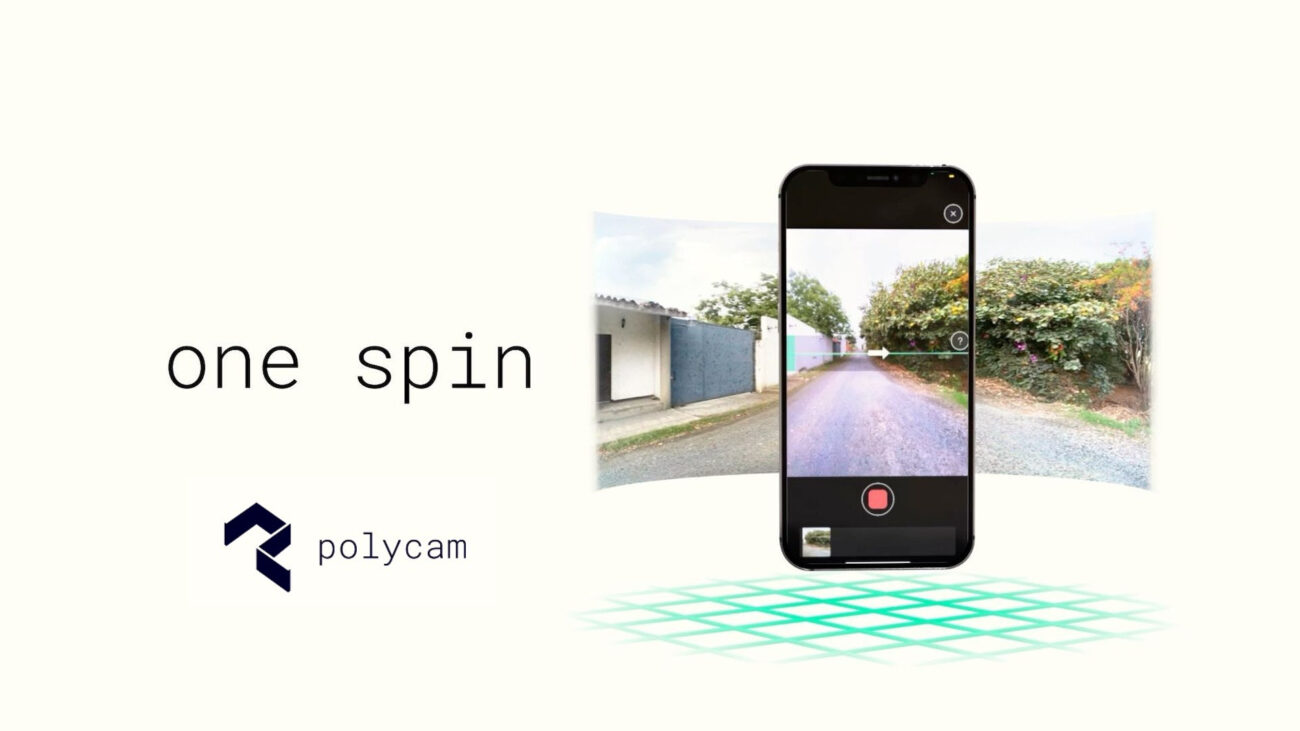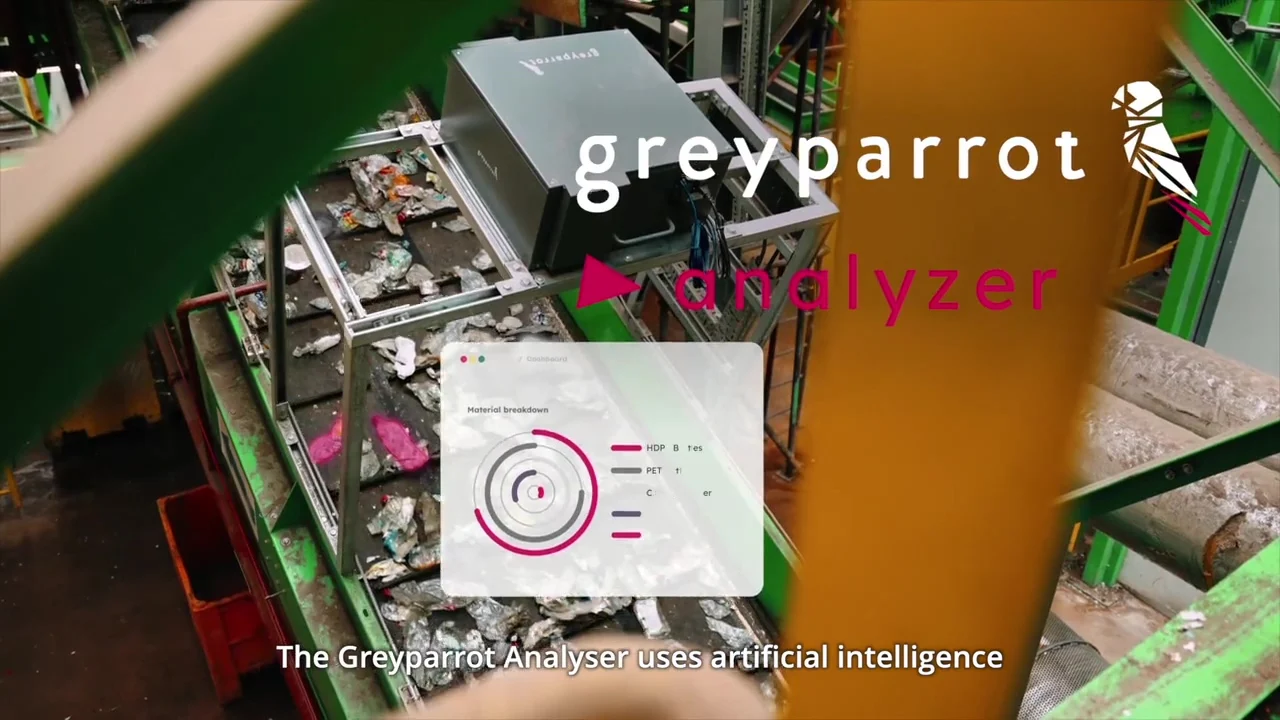Posts by admin
Intuitive Machines has made history by achieving the first-ever commercial spacecraft landing on the moon
CUE1, A Device that Lessens the Parkinson Syndrome
In 2019, Yung founded Charco Neurotech, a startup based in Cambridge, named in honor of Jean-Martin Charcot. The company developed the CUE1, a wearable device designed to alleviate Parkinson’s symptoms. The CUE1 consists of a small plastic disc housing an electric motor, which is worn on the sternum. The device emits high-frequency vibrations in a pattern proven to mitigate Parkinson’s symptoms through cueing.
Polycam, 3D Scanning App Secured $18 Million Funding Backed by Youtube Co-Founder
Polycam, a cutting-edge app leveraging smartphone sensors to capture detailed 3D scans of objects, has secured significant funding from notable investors, including Adobe and YouTube co-founder Chad Hurley.
The company recently announced the closure of an $18 million Series A round, led by Left Lane Capital, with contributions from Adobe Ventures, Hurley, and others. Chris Heinrich, co-founder and CEO of Polycam, stated that the capital infusion will bolster the development of new 3D editing and collaboration features, the training of AI models for enhanced rendering of 3D objects, and facilitate expansion into new markets.
What is PolyCam?
Established in early 2021 by Heinrich and Elliott Spelman, both former colleagues at Ubiquity6, a startup specializing in mobile 3D scanning and AR technology, Polycam aims to democratize 3D content creation using technologies like the lidar sensor found in recent iPhone models.
Heinrich emphasized the challenges and opportunities inherent in the 3D modeling space, noting that while the core technology for 3D capture is still evolving, advancements in AI-driven 3D capture, combined with Polycam’s extensive data, are poised to significantly enhance quality and ease-of-use in the coming years, opening up new use cases and driving adoption.
Polycam offers a suite of 3D capture and modeling tools tailored to various use cases. Leveraging the lidar sensor on iPhones, the app can generate 3D scans of users’ surroundings, such as rooms in their homes. Additionally, the “Photo Mode,” available on mobile devices and the web, utilizes photogrammetry to create 3D models of objects by capturing and stitching together images. Polycam also enables the capture of “photo spheres” and 360-degree skybox images using smartphone cameras. Moreover, the app hosts a library of free 3D models shared by the Polycam community for users to incorporate into their projects.
Polycam operates on a subscription model, charging $100 per year for advanced features aimed at professional users.
[caption id="attachment_16884" align="aligncenter" width="400"] 3D-Scanned-Mini-Golf-Polycam-3D-Scanning[/caption]
What’s Next
While there are several apps in the market for smartphone-based 3D object capture, Polycam has benefitted from market consolidation in recent years, with major acquisitions such as Niantic acquiring Scaniverse, Discord acquiring Ubiquity6, and Snap purchasing Th3rd.
With nearly 100,000 paying customers and over 10 million downloads of its iPhone and Android apps, Polycam has achieved strong revenue growth and maintained profitability for multiple months in 2023, despite challenging economic conditions.
The decision to raise external capital aims to facilitate more aggressive expansion plans, including the development of new AI-powered capabilities, the introduction of enterprise subscription tiers, and doubling the company’s workforce by 2025.
Furthermore, Polycam is poised to expand its presence to the Vision Pro, Apple’s AR headset, which will become a key focus area for the company in the coming months. Additionally, Polycam is investing in training AI models to enhance the fidelity of its scans by filling in gaps missed during the scanning process, such as capturing the underside of objects like sofas or cars.
Through these strategic initiatives, Polycam aims to solidify its position as a leader in the 3D capture and modeling space while driving innovation and accessibility in content creation technologies.
Apple Looking to Develop a Foldable Phone
Adam Neuman Wants to Buy WeWork Back
Reports have emerged suggesting that Adam Neumann, co-founder of WeWork, is making moves to buy back the flexible workspace provider, which filed for bankruptcy in November. Neumann, along with his latest venture, Flow Global Holdings LLC, and affiliated investors including Dan Loeb’s Third Point hedge fund, are reportedly involved in the bid.
Colossyan Leverage GenAI to create corporate training videos
Colossyan, founded by Dominik Mate Kovacs in 2020, leverages AI to generate workplace learning videos that aim to hold viewers’ attention. The platform utilizes virtual avatars, which can be customized and placed against various backdrops, to deliver training content. Users simply input a script, and Colossyan’s text-to-speech engine converts it into audio, available in over 70 languages, spoken by the chosen avatar.
Greyparrot, UK AI Startup Ties Strategic Partnership with Dutch-Recycling Giant Bollegraaf
Greyparrot, UK AI Startup Ties Strategic Partnership with Dutch-Recycling Giant Bollegraaf.
Starship Technologies: From Estonia to Closing $90 Million in the Latest Funding Round
Starship Technologies: From Estonia to Closing $90 Million in the Latest Funding Round.
Google DeepMind’s AI system AlphaGeometry able to solve complex geometry problems at a high level.
Google. In a recent collaboration between DeepMind and New York University, a team of AI researchers has unveiled AlphaGeometry, a cutting-edge AI system poised to revolutionize mathematical problem-solving. Their findings, published in the prestigious journal Nature, mark a significant leap forward in the realm of artificial intelligence.











